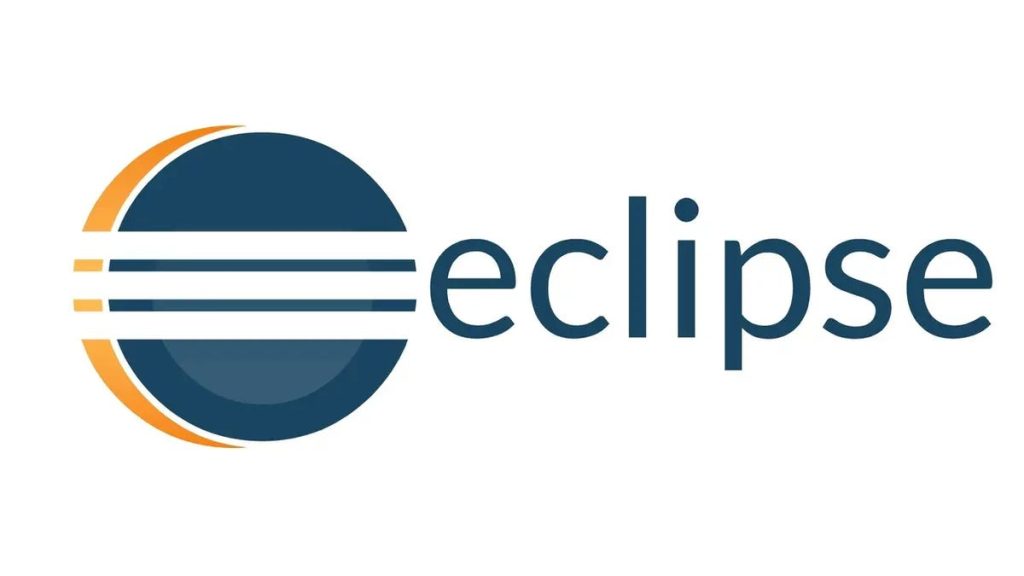Selecting the appropriate tools for projects is a constant problem for developers as technology advances. As 2024 draws near, the Eclipse IDE—a longtime favorite among developers—is coming under closer inspection, raising concerns about its applicability to contemporary projects and the availability of alternatives.
Eclipse IDE: A Brief Overview
Since its initial release in 2001, the Eclipse IDE has become more well-liked by developers because of its strong features, extensibility, and support for numerous programming languages. It has grown to be synonymous with Java development over time, although it also supports a vast array of other languages and technologies.
Pros of Using Eclipse IDE:
- Extensive Plugin Ecosystem: One of the greatest strengths of Eclipse IDE is its vast plugin ecosystem. Developers can easily enhance their development experience by installing plugins for various tasks such as version control, code analysis, and debugging.
- Cross-Platform Compatibility: Eclipse IDE is available for Windows, macOS, and Linux, making it accessible to developers regardless of their operating system preferences.
- Community Support: With a large and active community of developers, Eclipse IDE benefits from ongoing support, bug fixes, and updates.
- Integrated Development Environment: Eclipse provides an all-in-one solution for development, offering features like code editing, debugging, and project management in a single environment.
Challenges and Drawbacks:
- Performance Issues: Eclipse IDE has been criticized for its performance, especially when working with large projects or complex codebases. Slow startup times and high memory usage can be significant pain points for developers.
- Steep Learning Curve: While Eclipse IDE offers powerful features, mastering its intricacies can take time, particularly for novice developers.
- Aging Interface: Despite efforts to modernize its user interface, Eclipse IDE’s UI can feel dated compared to newer development environments like Visual Studio Code or JetBrains IntelliJ IDEA.
Alternatives to Consider:
- Visual Studio Code: Microsoft’s lightweight, open-source code editor has gained immense popularity in recent years due to its speed, versatility, and extensive plugin ecosystem.
- JetBrains IntelliJ IDEA: Renowned for its intelligent code assistance and seamless integration with popular frameworks and technologies, IntelliJ IDEA offers a compelling alternative to Eclipse IDE for Java development.
- NetBeans: Another open-source IDE, NetBeans, provides robust support for multiple languages and frameworks, along with a modern and user-friendly interface.
Conclusion
The usefulness of the Eclipse IDE is questioned in 2024 because of performance problems and an outdated interface. More recent features are available in alternatives like IntelliJ IDEA and Visual Studio Code. The requirements of the project and the needs of the individual determine which IDE is best. To make sure that their tools support their objectives and workflows, developers need to thoroughly assess them.

